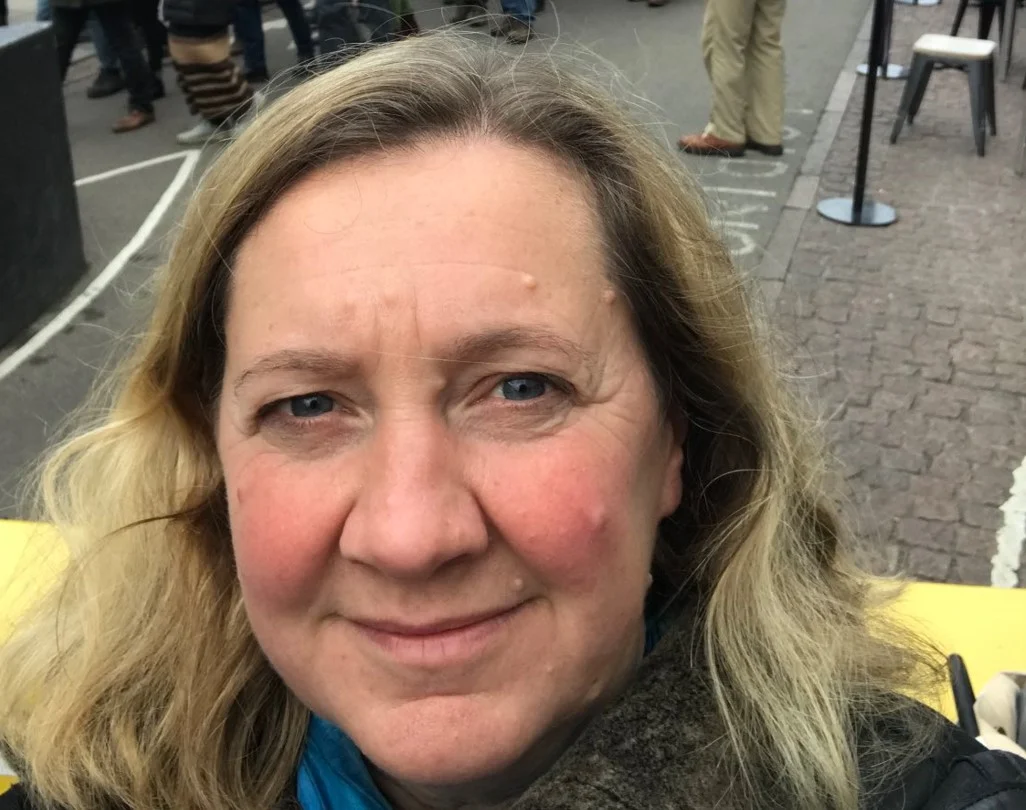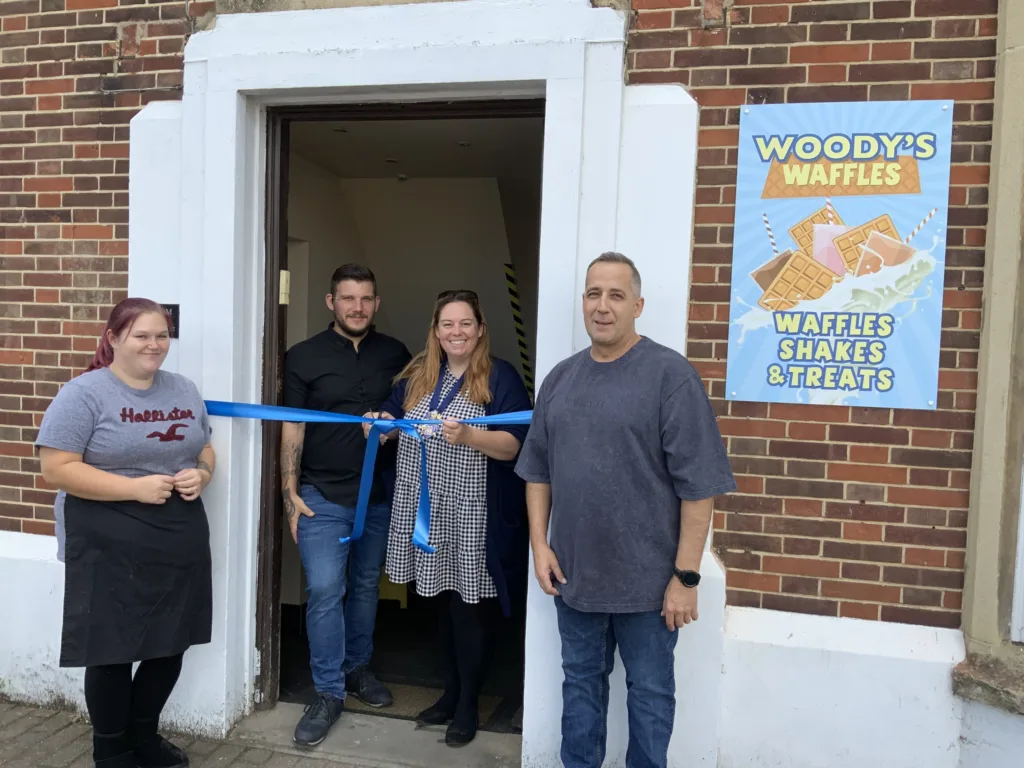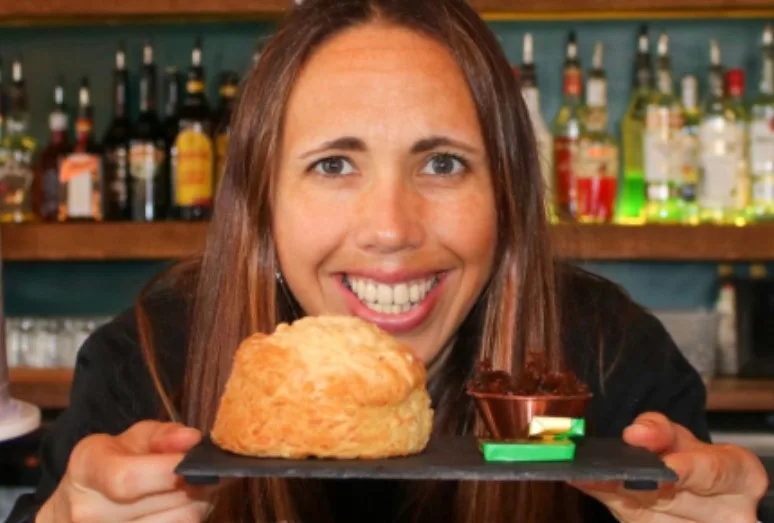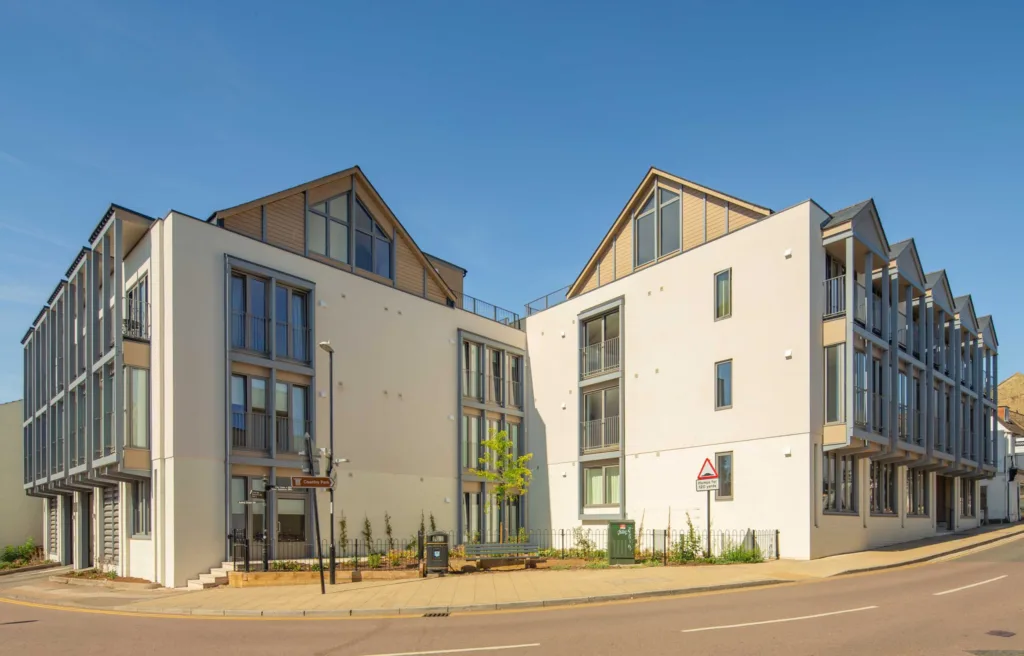As she prepares to present Cambridgeshire County Council’s budget for the coming year, council leader Lucy Nethsingha says there is growing impetus to fund and repair the “catastrophic deterioration of our roads”.
The council says it also faces the need to fund “demand led services, such as spending £12m more each year for high needs education than we receive in funding”.
And Labour’s Richard Howitt, part of the political leadership team, says the extra cost of social care is going to cost the council £30m “to protect our elderly and adult population.
“The government is shortchanging us by between £12-15m – it by far our biggest pressure and is affecting the vulnerable people in our community.”
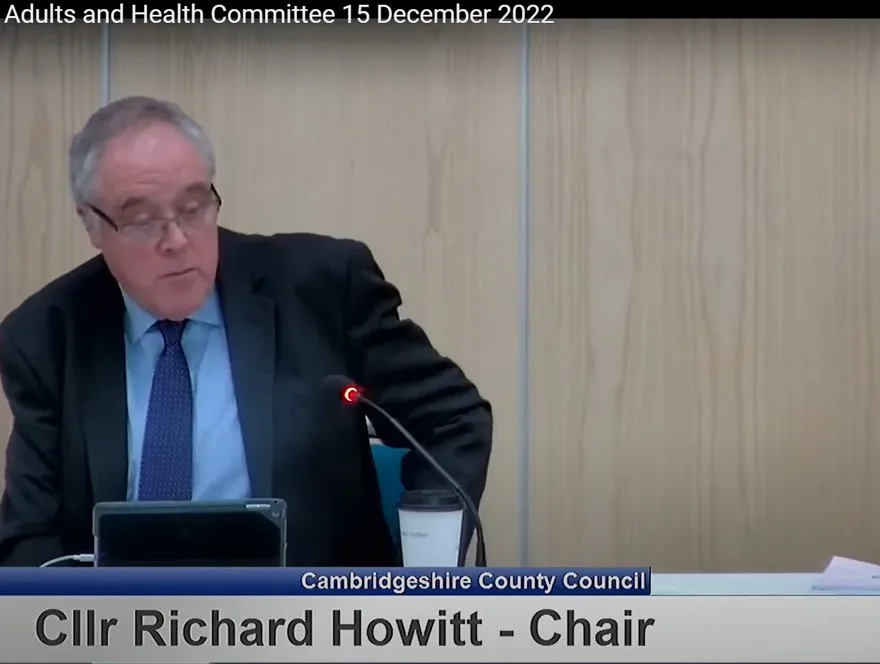
Council leaders say their challenge is to bridge a potential funding gap for the coming year of £21.4m “even after finding more than £10m of additional savings or income”.
A statement from the joint administration says setting a budget for the coming years is set against “managing levels of inflation not seen for 40 years plus rising costs for energy and essential services”.
They say the forthcoming budget will show how the council plans to spend more than £15m of one-off funds from reserves next year “including £1m to continue free school meal vouchers for eligible children”.
The joint administration is proposing to raise council tax for the coming year to 4.99% – the maximum allowed by Government before triggering a local referendum. This sum includes a 2% precept for adult social care.
For band D properties it will mean an additional £73 per year, although more than half (64%) of county lives in homes rated band C or below and would see rises of between £49 and £65 per year.
In total this would raise £17.8m towards setting a balanced budget for 2023/4.
Conservatives who ran the council until they lost control in 2021 have been accused of “gambling with council taxpayers’ money”.
One of the architects of the alliance that swept them out of office says they inherited a £60m Conservative black hole.
Cllr Howitt said: “When we came in as a joint administration under two years ago, we inherited a £60m funding black hole over three – we had to close a £20m shortfall in funding just this year. We have done so without cuts to services.”
He rebuked Cllr Steve Count, the former Tory leader and now opposition leader, who has tweeted that he left the council in a strong position.
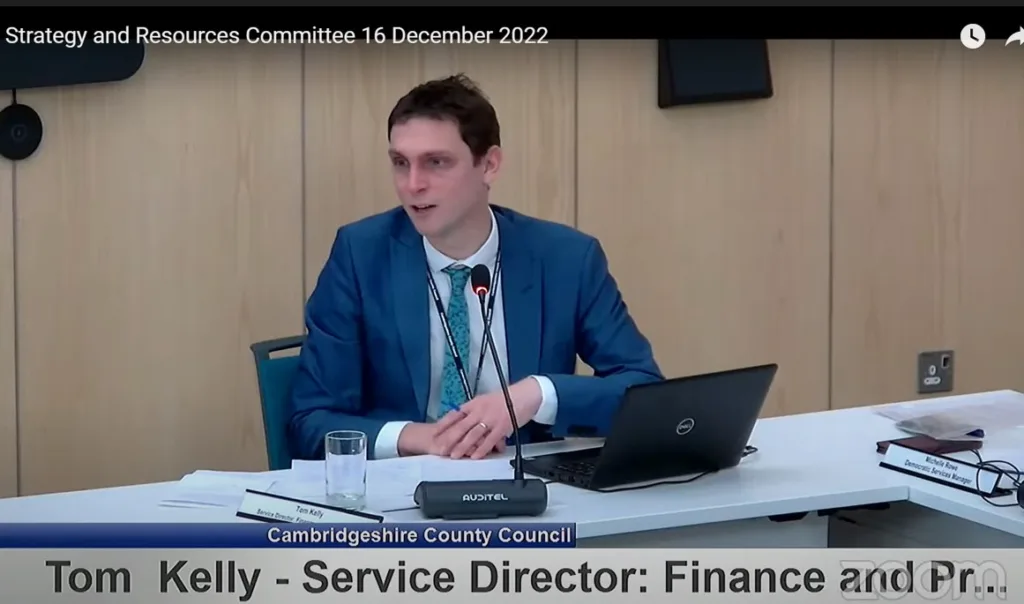
Cllr Count had argued that the new administration had enough money to undertake all their spending plans in their first year but “then taxed to the max to put money into reserves”.
But Cllr Howitt says council finance chiefs had put forward a recommendation – which had been accepted – to “increase reserves because of the risks we face. We adopted that recommendation by increasing council tax by an extra one per cent.
“Conservatives proposed last year to go under a safe level for reserves – it was irresponsible and reflected the responsibility of previous years.”
He said finance chief Tom Kelly had recommended that in this year’s budget the reserves were set at four per cent of the council’s turnover to be “safe and prudent, and we are adopting that recommendation.
“If the opposition is arguing, we should put people’s money and services recklessly at risk we will argue that. We will act responsibly. “
He said Conservative controlled councils in Hampshire, North Yorkshire and Nottingham had doubled their reserves “because councils need reserves so we will take no lessons from the opposition.”
Cllr Howitt said on commercial investments the incoming administration had “inherited a complete mess” with investments such as that into This Land and others had not provided the finance that was promised “and putting us deeper and deeper into trouble”.
He said the new leadership had turned around This Land to put in an improved management structure and to ensure it was on a more sustainable footing.
The previous administration had been prepared to “speculate and to gamble with taxpayers’ money”.
Cllr Howitt said some of their schemes were never realized “and was one of the reasons they were kicked out of office; we will not repeat those mistakes”.
Council leader Lucy Nethsingha also weighed in on claims by the opposition that reserves were being set at too high a level.
“I think it is important we have reserves at the moment and this year especially given massive inflation and additional costs.
“In a time of extraordinary political and economic uncertainty and Conservative cock ups – not to put too mild a view of it – it is important the council behaves in a comparatively and prudent manner with its reserves.
“Spending all our reserves just now would not be sensible.
“Having said we are spending quite a significant amount of our reserve money– additional money into schools’ meals and of course additional money to stop the catastrophic deterioration of our roads”.
She said: “To spend all our reserves would be extremely unwise and would leave the council in very vulnerable position.”

He said reserves were being used in two ways. Firstly, he said, there was a “tapered effect” of gradually using them for ongoing services.
And there was also a need for “targeting reserves for one off reserves for one off investments and investing for future demands such as waste management where we have regulatory pressures in coming years.”
Cllr Nethsingha said the joint administration had carefully reviewed spending decisions and investments made by the Conservatives and “ensuring the council is not left in a risky position”.
She said it was “telling and interesting that the Government changed rules about borrowing and in a sense, we were lucky Cambridgeshire did not do all the borrowing that it has initially planned”.
Cllr Nethsingha said: “Some of those investments are performing alright but there is still cost of our borrowing and that is something we are definitely aware of and cost of that borrowing and potential for that cost of borrowing to go up is why necessary to have reserves.”
Chief executive Stephen Moir said one problem facing the council was in terms of income and funding from the Government which continued to work from year to year. It would be “really helpful” if the Government gave the council a longer-term spending formula and financial settlement.
Cambridgeshire County Council will put its 2023-24 budget plans to the strategy and resources committee next week.
The budget includes how the council plans to spend more than £15m of one-off funds from reserves next year including £1m to continue free school meal vouchers for eligible children.
There is also £1m for highways schemes including rural roads, drainage, £1m into flood mitigation, more than £1.3m into libraries and a £380k for community services.
Mr Moir and Mr Kelly, set out details of how the Government’s December Funding settlement will affect Cambridgeshire.
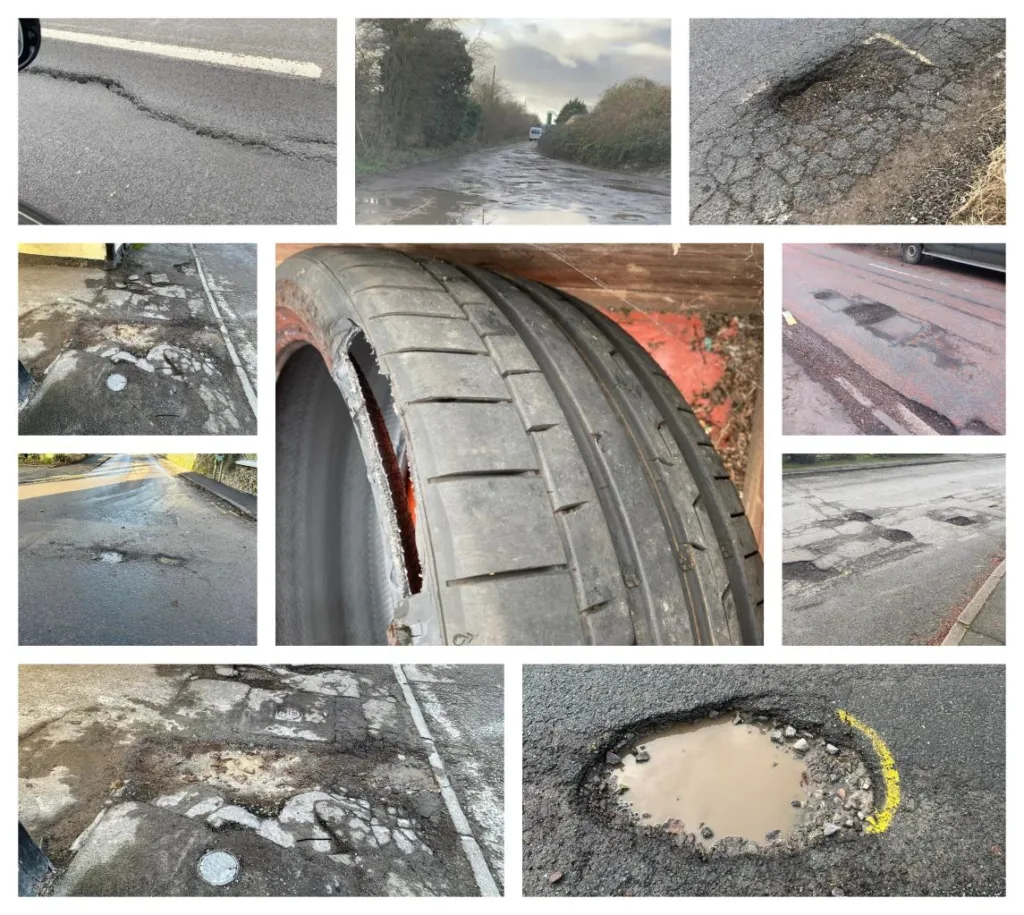
“Overall, the government is announcing that core spending power of Cambridgeshire will increase by 9.5% next year (compared to an average across all councils of 9.2%),” says their report.
“Of this, however, half relates to additional council tax raising powers, and a further third relates to compensation for business rates not increasing in line with inflation. “Genuine new government support, therefore, will increase our budget by much less than the headline figure (and less than inflation).”
The report highlights increases the council faces in demand led services, such as spending £12m more each year for high needs education than it receives in funding.
It also highlights how the growing demand faced by councils like Cambridgeshire responsible for social care services, is exacerbated by high levels of vacancies across all areas of social work, reablement, residential and care homes.
The council plans to spend a further £2m over the next four years to bring more personalised and local care to communities and commits to continuing to pay the real living wage to social care staff.
The council says the impact of climate change and of extreme weather events is causing growing problems on Cambridgeshire’s roads.
This is particularly so in the Fens where soil affected roads are deteriorating even faster due to increasing extreme weather events, such as the floods of 2020, and record temperatures last summer.
The council spends more than £30m on more than 4,500 miles of highways annually but says much more will be needed to deliver the levels of improvements needed.
Extra investment is proposed in renewable energy schemes as the council seeks to create income streams to use for frontline services, as well as increasing environmental benefits.
Council leader Lucy Nethsingha said: “Financial support offered to councils by the Government continues to ignore the growth in Cambridgeshire’s population.
“It also ignores specific needs to provide care for an aging population, without a nationally sustainable social care plan and a road network at greater risk of damage by extreme weather.”
She said: “And for the coming year we are being held to ransom by the Government, as half the national funding settlement merely allows us to increase council tax to the Government’s new suggested threshold of 4.99%.
“The amount we would raise by doing this almost exactly matches the increase we predict in social care costs, so it is with reluctance that we are recommending this.”
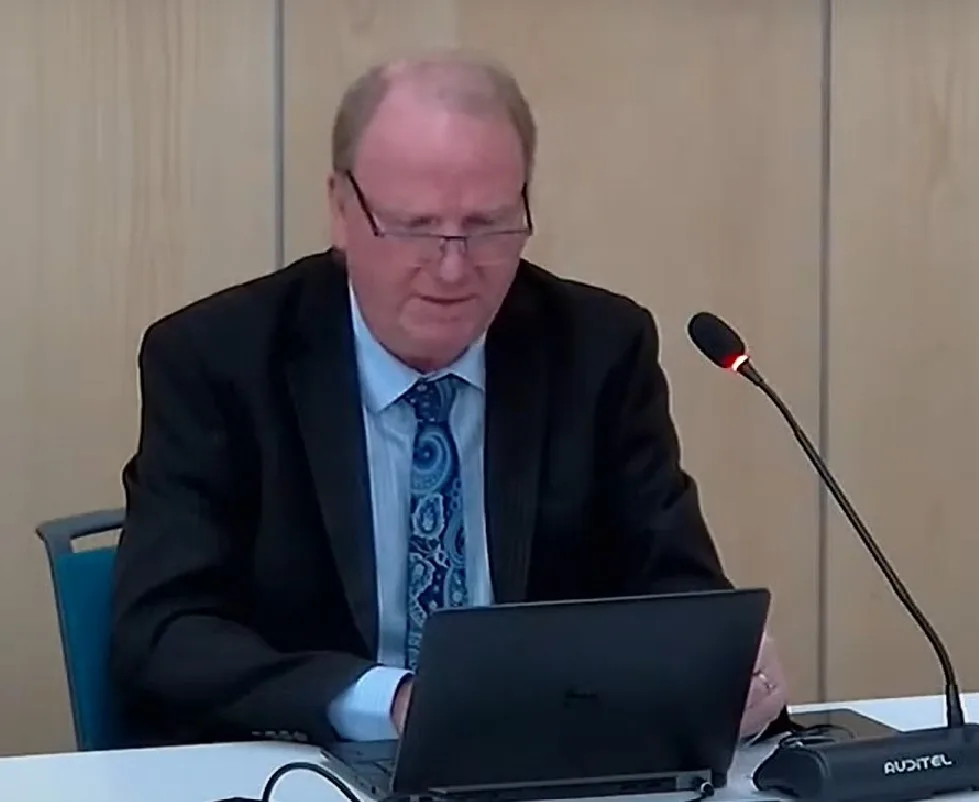
Cllr Elisa Meschini, deputy leader, said: “We understand more people than ever are experiencing economic hardship, and when people’s own finances are squeezed, they rely more and more on council services.
“Nothing illustrates that more than the 24% increase in the number of children becoming eligible for free school meals in the past 16 months.
“Providing those services, however, is becoming harder and harder.
“Inflation, rising interest rates, the costs of energy, and recent changes made at very short notice to the regulations around waste handling have been adding huge pressure to our already overstretched capacity to discharge our duties.
“We are using prudently held one off reserves in year to meet some of the urgent need that is facing us – as that is what the money was set aside to do –but we have to remember this one is one off and doesn’t solve our chronic underfunding problem long term.”
Independent group leader Cllr Tom Sanderson said: “We will continue to prioritise help to those in most need and help people to access it from us or via other routes.
“We are prioritising some of our one-off funds directly into supporting the most vulnerable, such as the extension of the school meal vouchers, investments in community services and our libraries – as well as sign posting people in most need to the council tax discount schemes run by our district and city council partners.”
Cllr Nethsingha added: “Our budget continues to be focussed on delivering the council’s vision to create a Greener, Fairer and more Caring Cambridgeshire – and we are determined to continue to invest in and fight for the services that our residents need which will achieve this.”
If supported the business plan and budget proposals will be recommended to full council on February 7th for final approval.

Over the next five years, additional improvements the business plan looks to deliver include.
- £122m for new primary school places
- £164 for new secondary school places
- £13.3m investment into converting streetlights to LED, delivering both environmental and financial benefits
- £2.5m into a new highways materials recycling operation
- A £7.2m upgrade to the March and Milton household recycling centres


